MGT6128: Economic Analysis Report: Organisation and Market Overview
VerifiedAdded on 2022/01/22
|36
|2495
|259
Report
AI Summary
This document is a comprehensive report for the MGT6128 Managerial Economics module, focusing on an economic analysis of an organization. It covers key aspects such as the organization's characteristics, its markets, and the broader macroeconomic environment. The report emphasizes the application of economic principles to business decision-making, including microeconomic and macroeconomic concepts like supply, demand, market structures, trade, and policy. The assessment requires students to use evidence from company reports, market data, and academic articles to assess the firm's performance. The report is designed to enhance students' economic literacy and skills, enabling them to make optimal and economically efficient decisions based on an understanding of the factors of production, market forces, and productivity. The module content includes lectures, tutorials, and workshops covering topics such as competitive markets, consumer behavior, supply decisions, imperfectly competitive markets, business growth, regulation, macroeconomic environments, international trade, and multinational firms. The report is a 2,500-word individual submission that constitutes 100% of the module mark. The report is designed to help students understand economic concepts and apply them to business and management decision-making.
1 out of 36
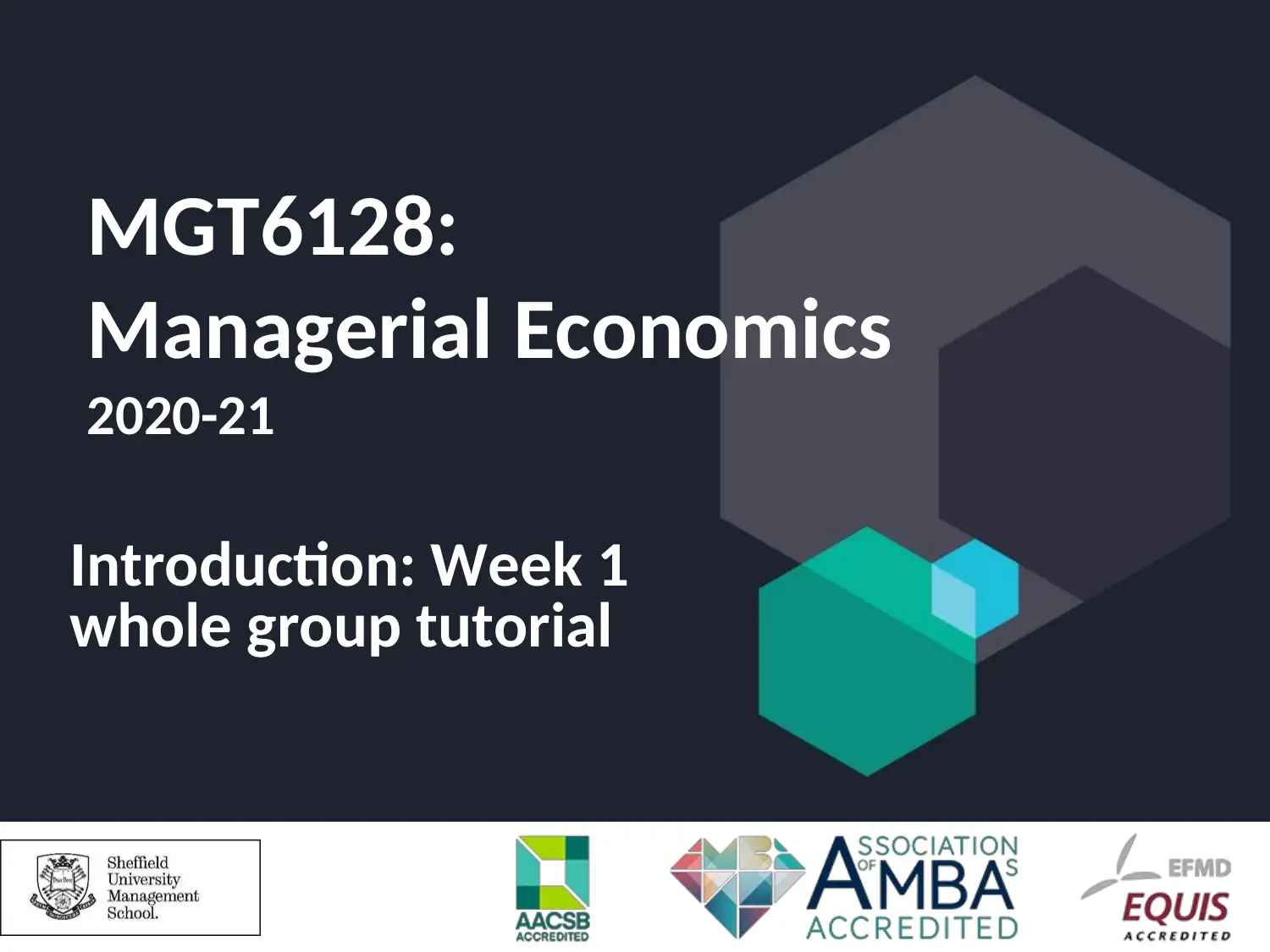

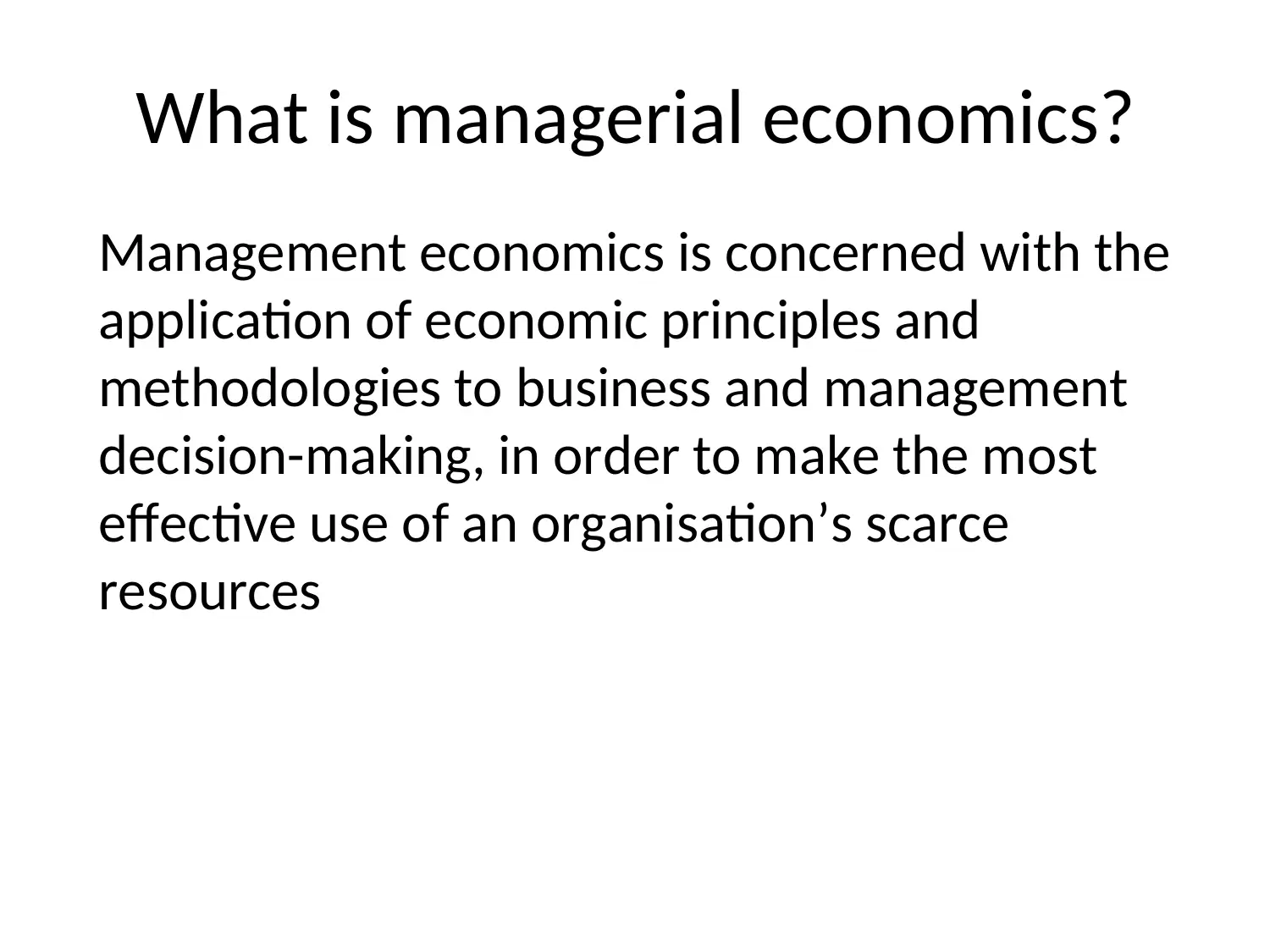

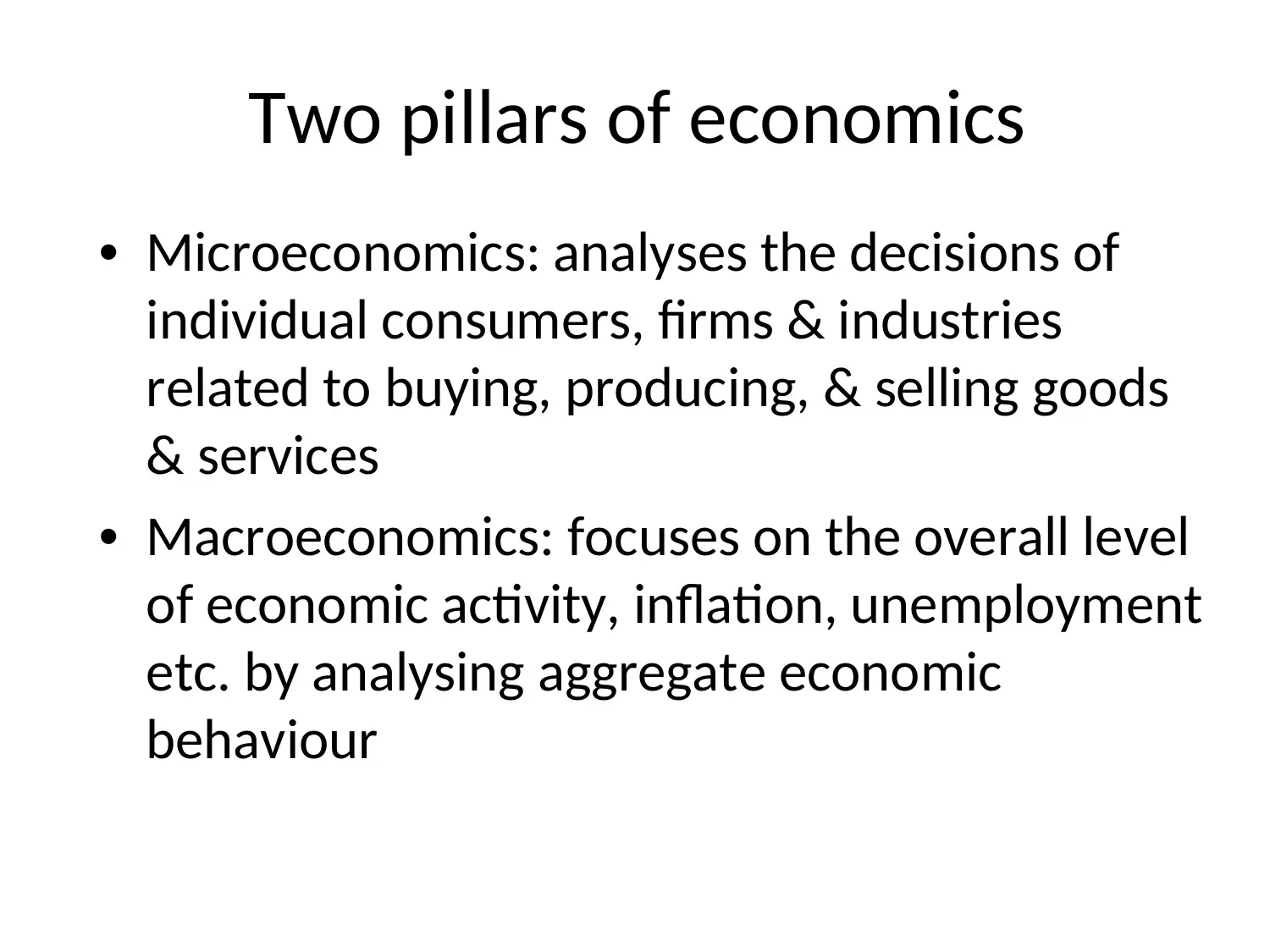
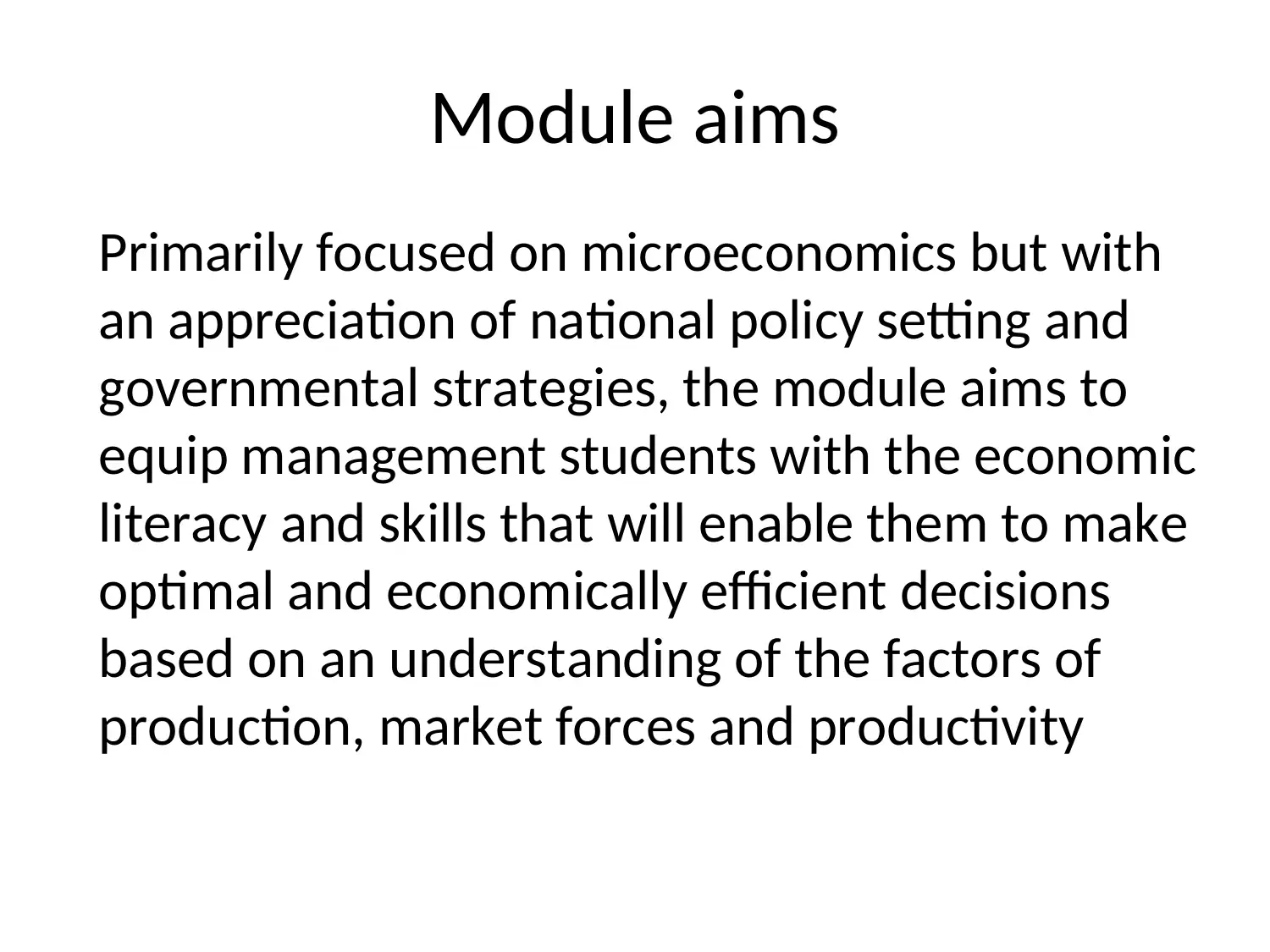
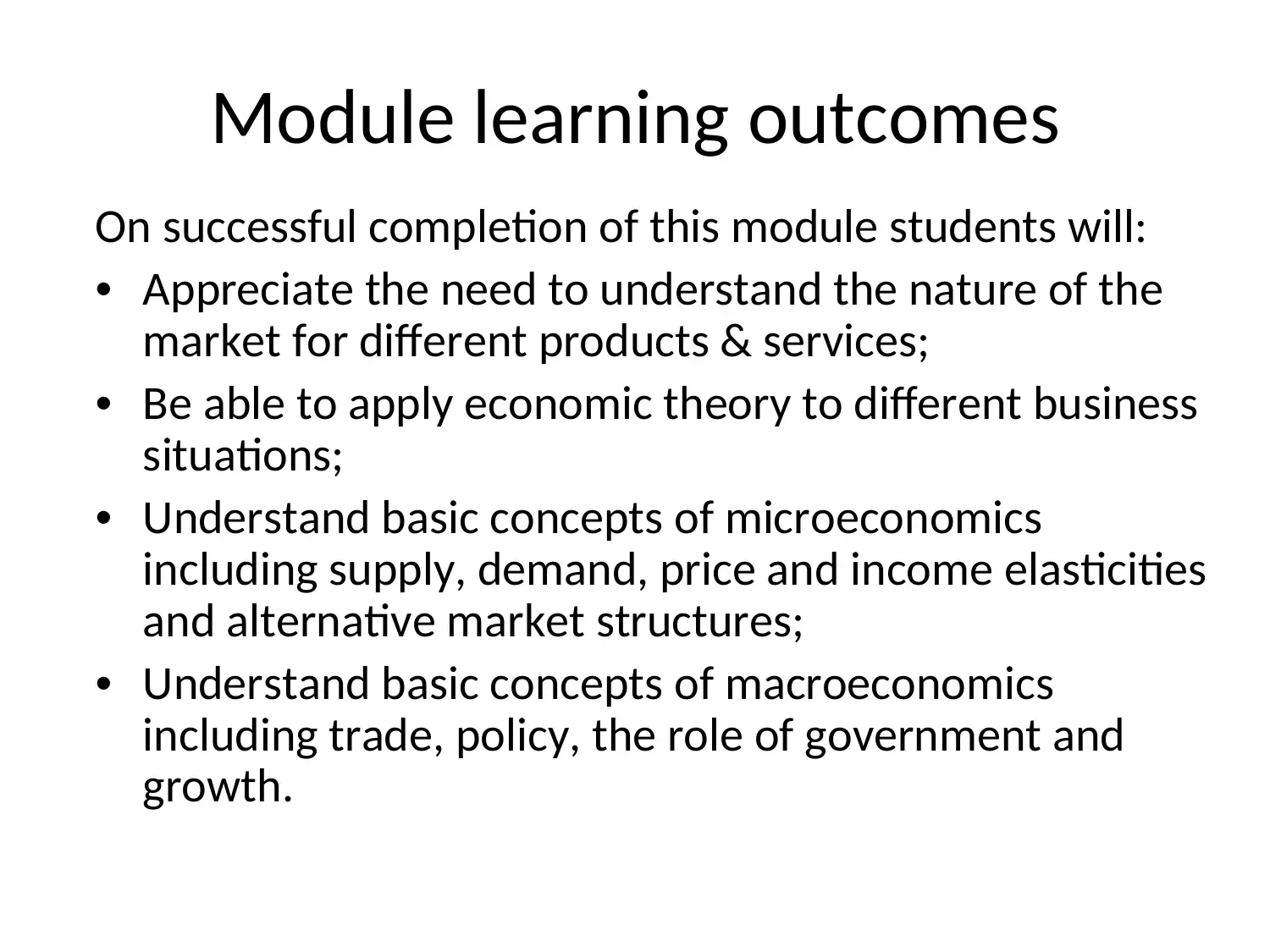
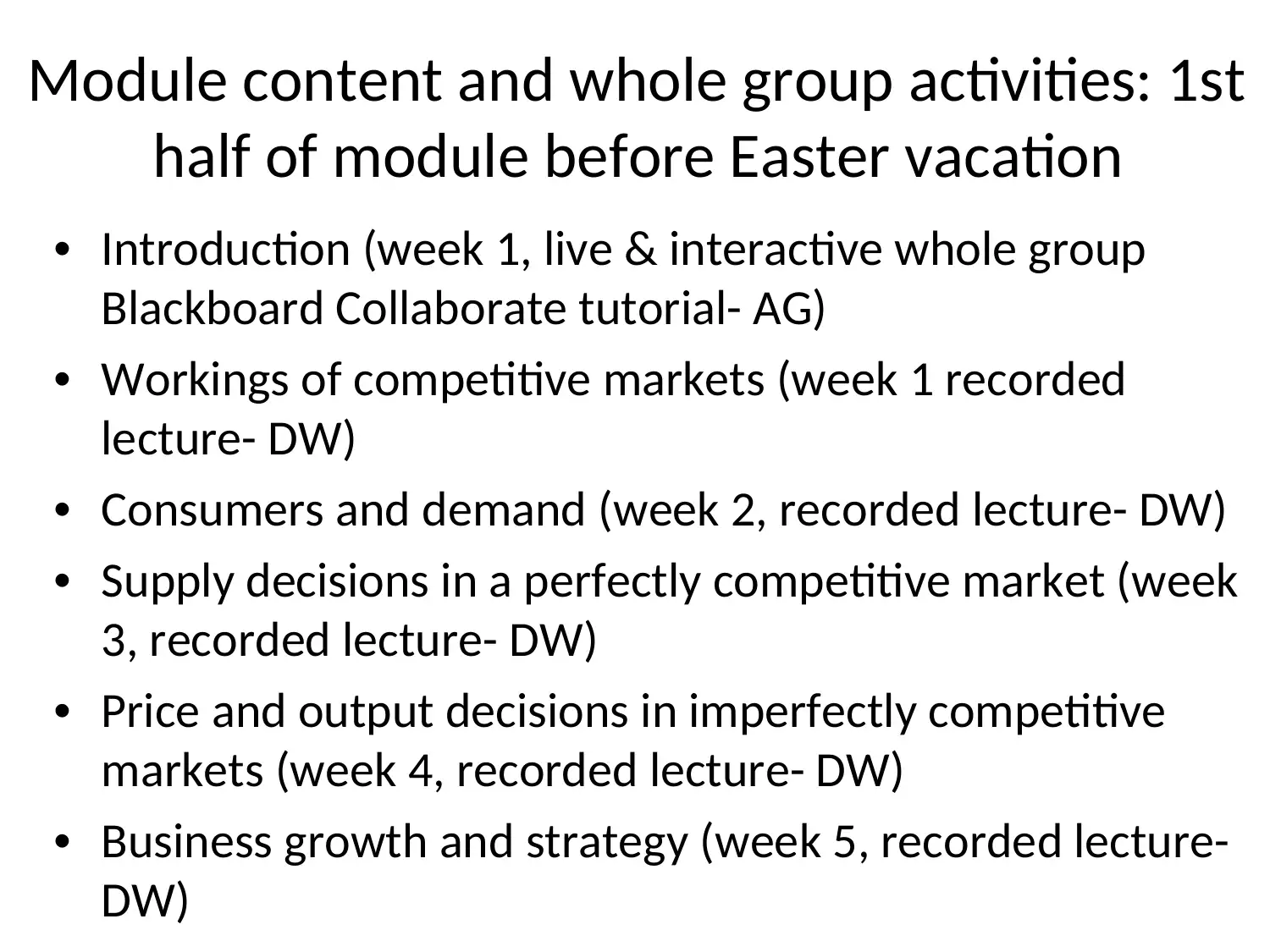
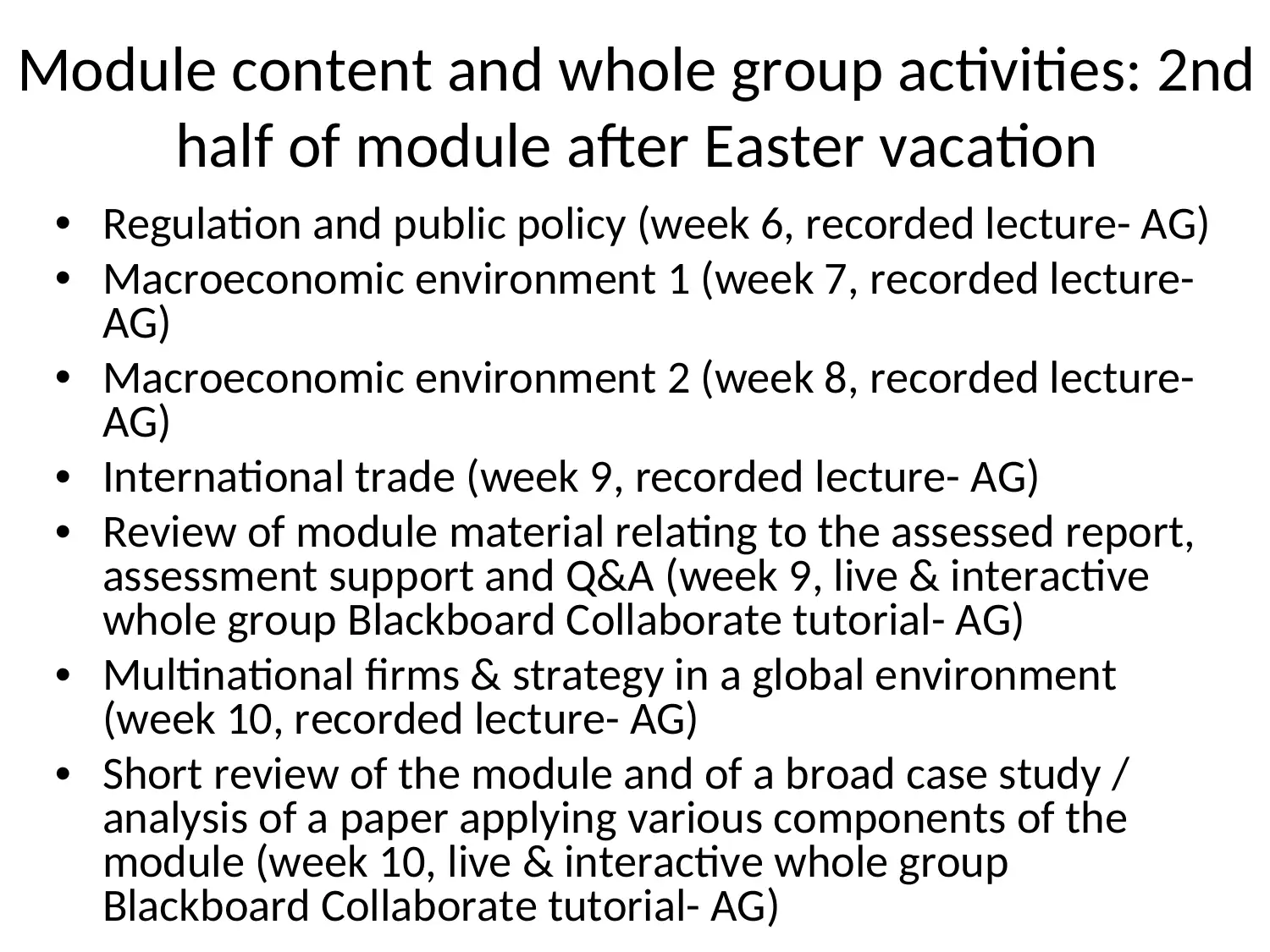
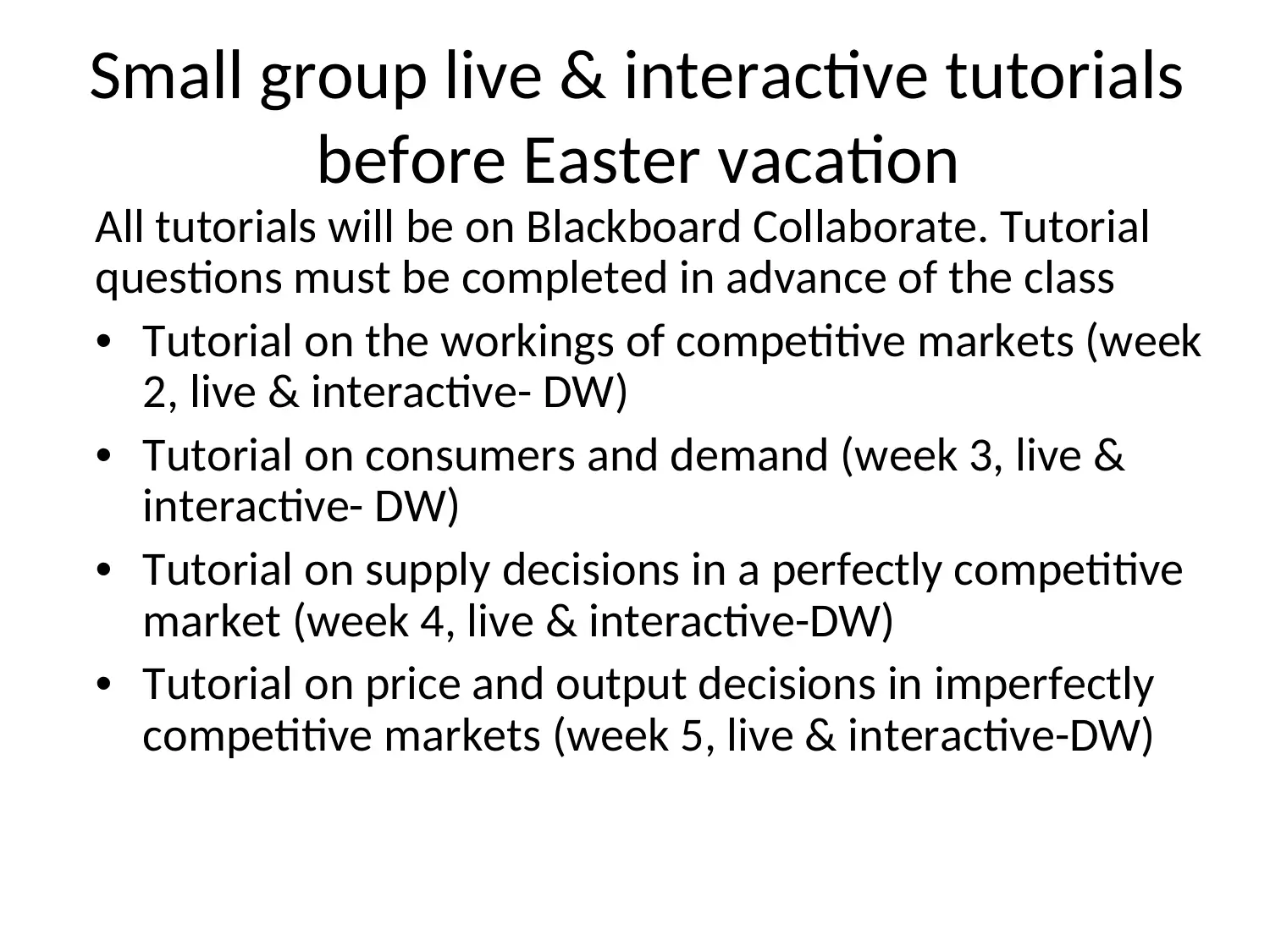
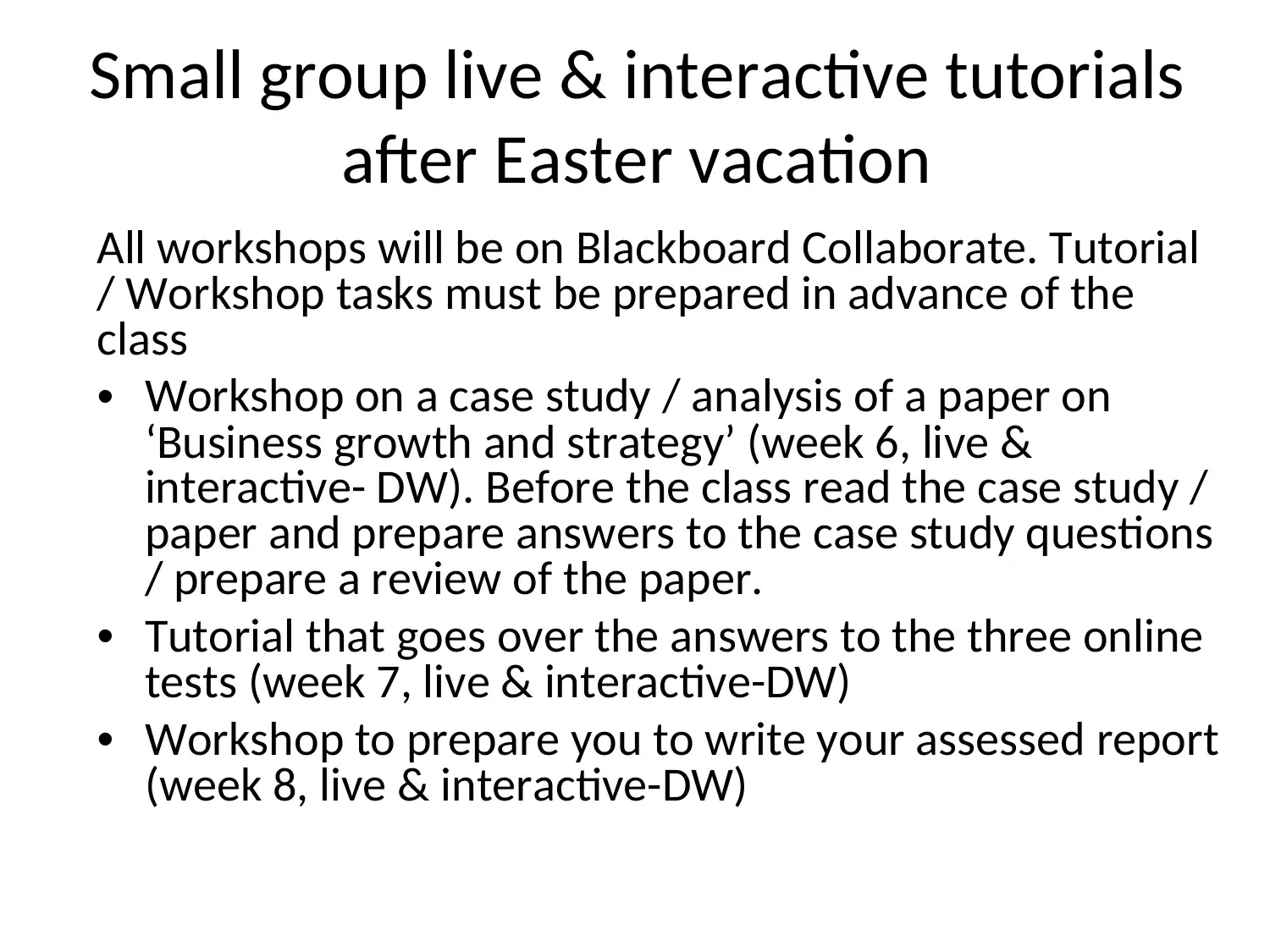
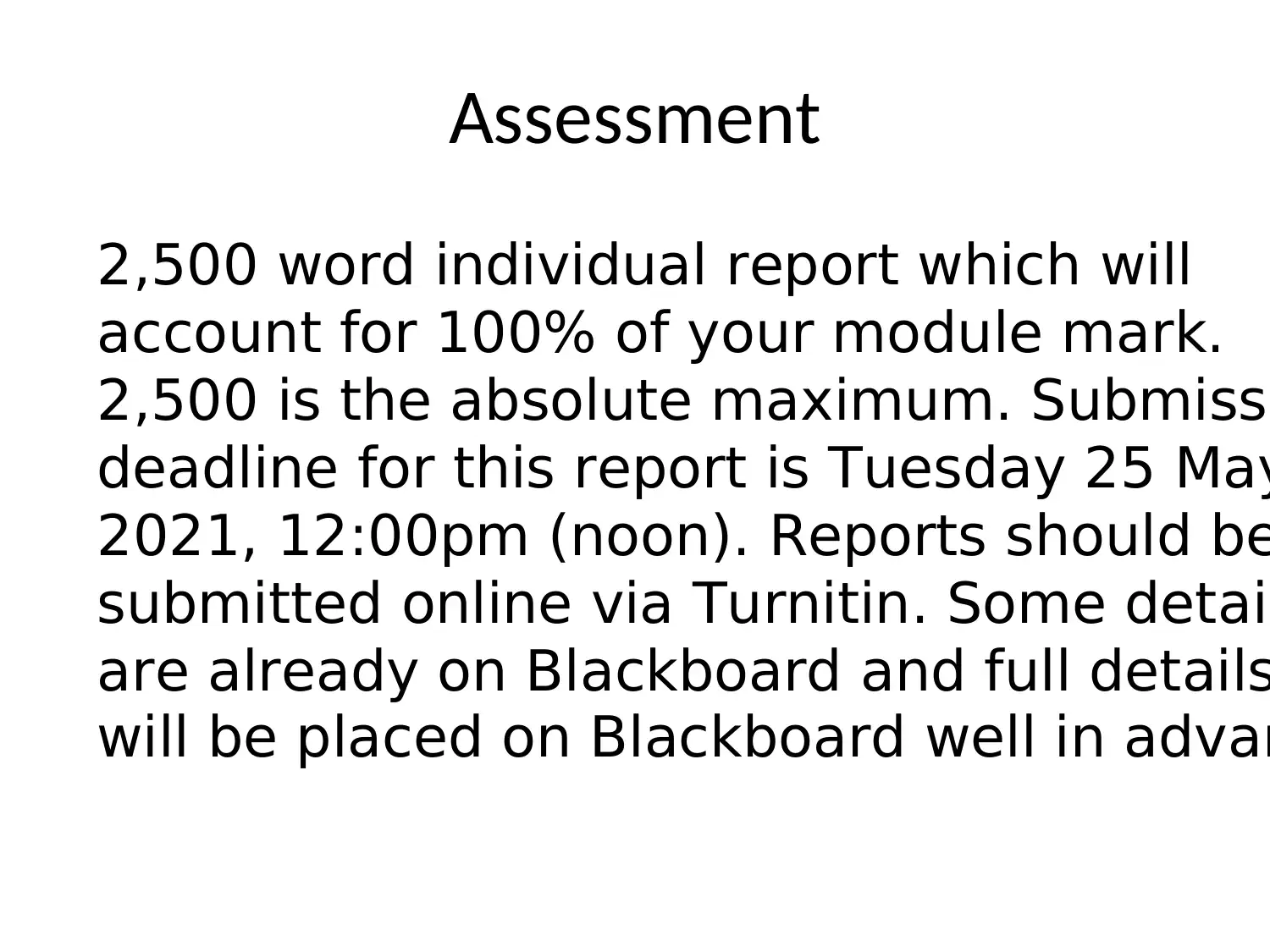
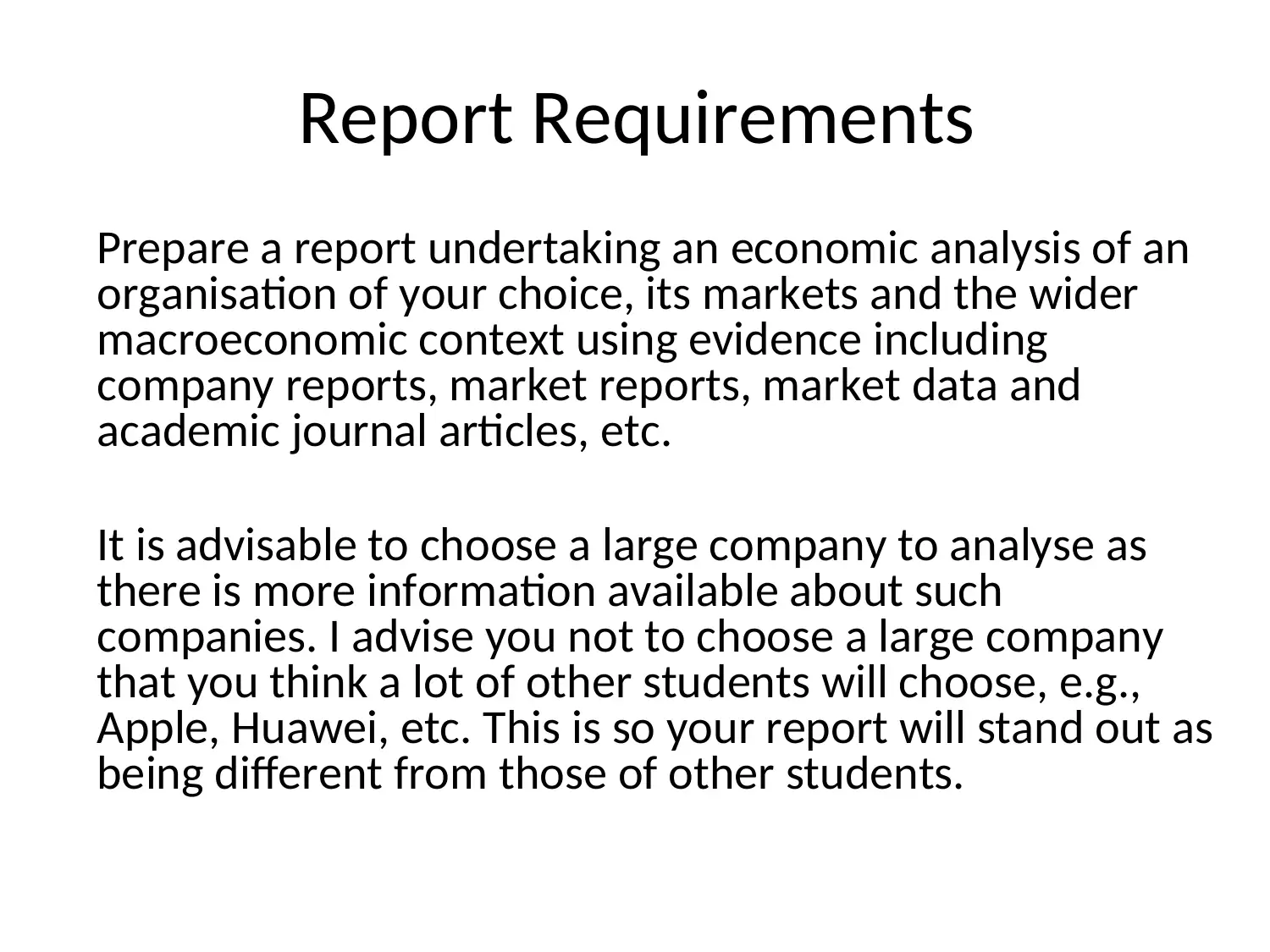
![[object Object]](/_next/static/media/star-bottom.7253800d.svg)